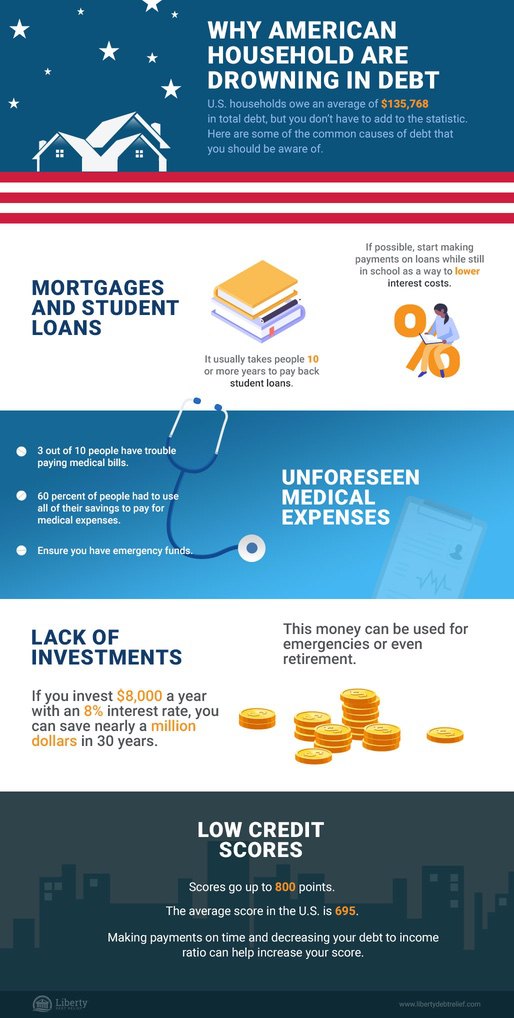Working from 9 a.m. to 5 p.m. does not always cut it when you are struggling to pay off credit card debt. And for many people, there is not always enough time, energy, or availability to get second or third jobs. Luckily, there are plenty of ways to make some extra income that will help you experience unsecured debt relief and stress less when it comes to your finances.
Find out how our debt settlement company can help you find the debt relief method that is perfect for getting your unique situation.
Sell Your Old Stuff
One of the most tried and trusted ways to pay off debt is to go through your home and find a bunch of old stuff that you can sell. The best way to do this is to take a weekend to browse and organize all of the rooms of your home, taking out non-essential items you rarely ever use. Get them all cleaned up and either host a yard sale or take photos of the items and try to sell them online through Facebook or various apps.
Join an App to Complete Random Tasks
If you have a little extra time one afternoon or nothing to do the next few weekends, it is the perfect time to earn a little extra money to pay off credit card debt. With apps like TaskRabbit, Handy, and OfferUp, you can put yourself on the market quickly and easily to help people complete things on their to-do lists. You can provide services like house cleaning, dog walking, fixing smartphones, tutoring, walking dogs, picking up groceries, and much more. The best part is, you have some control over your workflow, so you can always increase or decrease the number of jobs you take on, depending on how much extra time you have and your credit card repayment amount.
Become a Nanny
It may not be one of the most fun ways to pay off debt, but being a nanny will definitely pay the bills. Per Payscale, the average salary for nannies is around $14 per hour, which means that, even if you only do the job part-time, you can make plenty of money to pay off several bills. Plus, depending on the family you work for, you can spend some of the time as a nanny exploring the city, eating great food, or even having extra time to yourself after the kids go to bed.
Get Gigs on Craigslist
Craigslist is loaded with offers, whether they are for cheap products to help you save money on things you need or for gigs that will help you pay off credit card debt. There are often plenty of temporary jobs listed that will help put a little extra change in your pocket, including writing jobs, photo shoots, cleaning houses or businesses, and much more.
Promote Businesses
While it may not be easy to become an Instagram-famous product sponsor, there are plenty of other ways you can get paid to sponsor businesses. If you have your own company from home, you could consider getting business sponsors and offer to put their logos and other information on your documents and various products. You could also consider joining an advertisement service where you keep a business’s advertisements on your website, social media, or even your personal items. One service, for example, will pay you to put a business decal on your vehicle that consumers will see during your regular commute.
Get the Help You Need Today
No matter your skill set, there are plenty of options available to ensure that you pay off your credit card debt in a timely manner. Contact Liberty Debt Relief today to find out how our committed debt consultants can help you come up with a solution that provides long-term results and changes.





